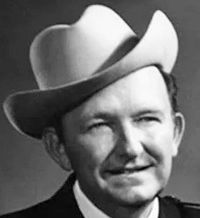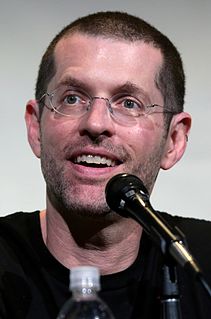A Quote by Pete Seeger
I used to agree with Kurt Vonnegut, who said that the human race has a snowball's chance in hell of being around a hundred years from now.
Related Quotes
Today it is not alive. What, then, is this experience of humanism? With the above survey I have tried to show you that the experience of humanism is that — as Terence expressed it — “Nothing human is alien to me”; that nothing which exists in any human being does not exist in myself. I am the criminal and I am the saint. I am the child and I am the adult. I am the man who lived a hundred thousand years ago and I am the man who, provided we don't destroy the human race, will live hundred thousand years from now.
A Hundred Years From Now Well a hundred years from now I won't be crying A hundred years from now I won't be blue And my heart would have forgotton she broke ever vow I won't care a hundred years from now Oh, it seem like yesterday you told me You couldn't live without my love somehow Now that you're with another it breaks my heart somehow I won't care a hundred years from now * Refrain Now do you recall the night sweetheart you promised Another's kiss you never would allow That's all in the past dear it didn't seem to last I won't care a hundred years from now * Refrain
[Kurt] Vonnegut was a writer whose great gift was that he always seemed to be talking directly to you. He wasn't writing, he wasn't showing off, he was just telling you, nobody else, what it was like, what it was all about. That intimacy made him beloved. We can admire the art of John Updike or Philip Roth, but we love Vonnegut.
One hundred years from now, I expect the Tatas to be much bigger than it is now. More importantly, I hope the Group comes to be regarded as being the best in India.. best in the manner in which we operate, best in the products we deliver, and best in our value systems and ethics. Having said that, I hope that a hundred years from now we will spread our wings far beyond India.
In seventh grade, with some vague sense that I wanted to be a writer, I crouched in the junior high school library stacks to see where my novels would eventually be filed. It was right after someone named Kurt Vonnegut, Jr. So I grabbed a Vonnegut book, 'Breakfast of Champions' and immediately fell in love.
Nearly all the writing of our time is likely to disappear in a hundred years. Certainly most readers - and nearly all critics - feel that [Kurt] Vonnegut started to repeat himself, to grow increasingly self-indulgent and meandering, and to sometimes just blather in his later work. But his books up to "Slaughterhouse-Five" do possess a distinctiveness that will insure some kind of permanence, if only in the history of the 1960s and of science fiction.
My theory is that Kurt had a lot of residual pain from his childhood. And when you pile that on top of his experience in World War II - he was in Dresden when it was bombed and saw a city annihilated. When you combine those two things, my impression of Kurt Vonnegut at 84 was that he was a very pained and haunted man.
































